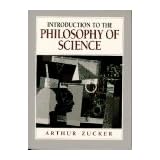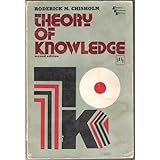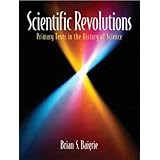
Average Reviews:

(More customer reviews)This book gives good, clear coverage of the mayor areas in the philosophy of science and diversity of the viewpoints within those areas without suggesting that they are equally accepted. It cannot be faulted for being sparse since it is an introductory book, but an introductory textbook should not be a dead end. The lack of an index and a robust set of recommended readings is frustrating if one wants to use this text as basic reference and a springboard to the important literature in the field. This book should only be worth about $20 especially since it is paperback. The price asked is likely due to the publisher taking advantage of the demand induced by university instructors when they list this as a required textbook.
Click Here to see more reviews about: Introduction to the Philosophy of Science
The book presents an anthology of readings on thephilosophy of science covering traditional issues, such as explanation,confirmation, and progress against a backdrop of historical case studies. Discusses the feminist philosophy of science to presenta different perspective on the subject and chapters on medicine andpsychology (dreaming) present applications of philosophy and science.
Click here for more information about Introduction to the Philosophy of Science



